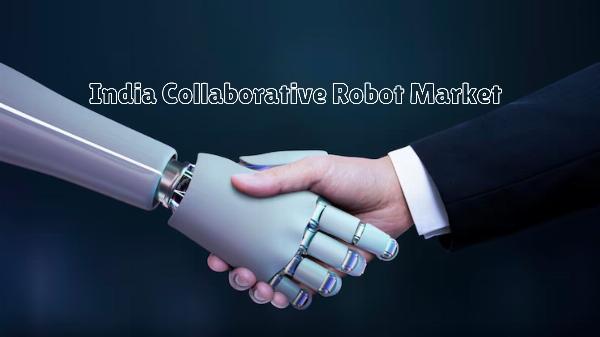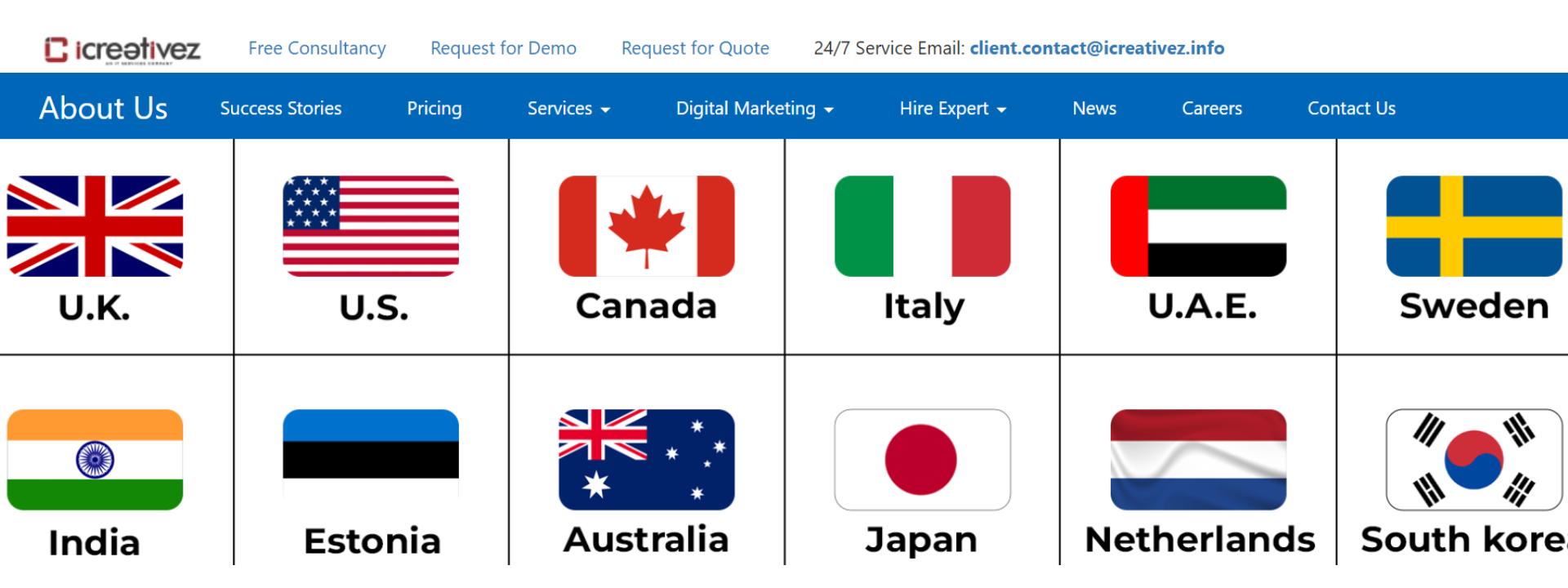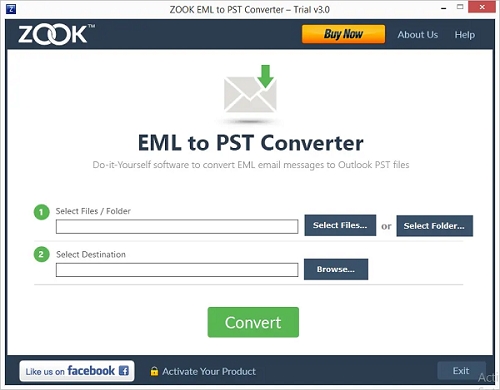Maximizing Efficiency in Digital Marketing Startups: A Guide to AI-Driven Automation Tools for Streamlining Tasks and Boosting Creativity
In today's rapidly evolving digital landscape, startups in the field of digital marketing face a unique set of challenges and opportunities. The age of Artificial Intelligence (AI) has ushered in a new era of possibilities, where automation has become the linchpin of success. For digital marketing experts, it's more important than ever to simplify and improve how they work in today's fast-changing world. In this article, we'll explore the impact of AI and automation on digital marketing, and how businesses can leverage these technologies to enhance their marketing efforts.
What is AI Workflow Automation?
AI workflow automation is the process of utilizing artificial intelligence technologies to streamline and optimize the sequence of tasks, decisions, and actions within a specific business process or workflow. It involves the use of machine learning algorithms, natural language processing, and other AI-driven techniques to handle routine or complex tasks automatically, make data-driven decisions, and adapt to changing circumstances.
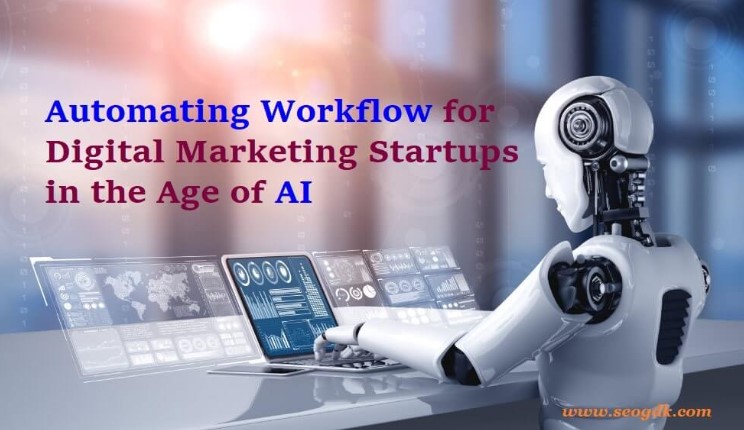
Factors to Evaluate When Selecting Digital Marketing Automation
When selecting your digital marketing automation solution, it is essential to consider different factors to ensure the right fit for your specific needs. Here are some crucial considerations:

- Overview of the Digital Marketing Landscape: Before selecting any automation tools, it is crucial to understand the evolving digital marketing landscape. Stay updated on the latest trends, platforms, and consumer behavior.
- Business Process Management: Evaluate how the automation solution aligns with your business processes. Consider whether it streamlines your workflow, integrates with your project management tool, and enhances overall efficiency.
- Integration with Project Management Tools: Seamless integration with project management tools is crucial. It ensures that marketing campaigns and projects are well-coordinated and executed efficiently.
- CRM Automation Software: Assess the compatibility of the automation solution with your Customer Relationship Management (CRM) system. Integration with CRM automation software can help in managing leads, customer data, and personalized marketing efforts.
- Marketing Automation Tool: Evaluate the core marketing automation capabilities of the software, such as email marketing, lead nurturing, and campaign tracking. Ensure it can help you reach your target audience effectively.
- Sales Automation: If sales are a significant part of your marketing strategy, look for sales automation tools that aid in lead management, sales pipeline tracking, and conversion optimization.
- Project Management Software: Apart from project management tools, consider project management software if it offers features like task scheduling, collaboration, and resource allocation to enhance campaign execution.
- Digital Workplace: Evaluate whether the automation software can contribute to creating a digital workplace that fosters collaboration, communication, and centralized access to marketing assets.
- Data Analytics and Reporting: Check if the automation solution provides robust data analytics and reporting features. It is essential for measuring ROI and optimizing marketing strategies.
- Scalability: Ensure the chosen automation tool can grow with your startup. It should be scalable to accommodate your expanding marketing needs and adapt to future technologies.
- Ease of Use and Training: Consider the learning curve and training required for your team to use the software effectively. An intuitive interface can save time and resources.
- Customization and Personalization: Customization is crucial for tailoring your marketing campaigns. Look for tools that allow you to personalize content and messages for various customer segments.
- Compliance and Security: Ensure the software complies with data protection regulations and offers robust security features to protect sensitive customer data.
- Cost and ROI: Analyze the total cost of ownership, including subscription fees and implementation costs. Consider the potential return on investment (ROI) when choosing an automation tool.
- Support and Training: Assess the availability of customer support and training resources. Having a responsive support team can be valuable when issues arise.
- Future-Proofing: Look for adaptable solutions that can accommodate future advancements in marketing technology, such as AI and machine learning.
- User Feedback and Reviews: Research user reviews and seek feedback from peers in the digital marketing community. Real-world experiences can provide insights into the effectiveness of the tool.
The Impact of Generative AI Tools on Workspaces
Generative AI tools are bringing big changes to how we work. These new technologies, such as chatbots, language models, and automation software, make tasks easier, help us be more creative, and increase how much we get done. They help by doing repetitive jobs automatically, helping create content, and quickly answering common questions. Because of this, workers can spend more time on the more important and creative parts of their jobs, which makes the workplace better and more active. Generative AI is not just about speeding up tasks; it's also about changing how we think about work in today's digital world so we can better meet changing needs.
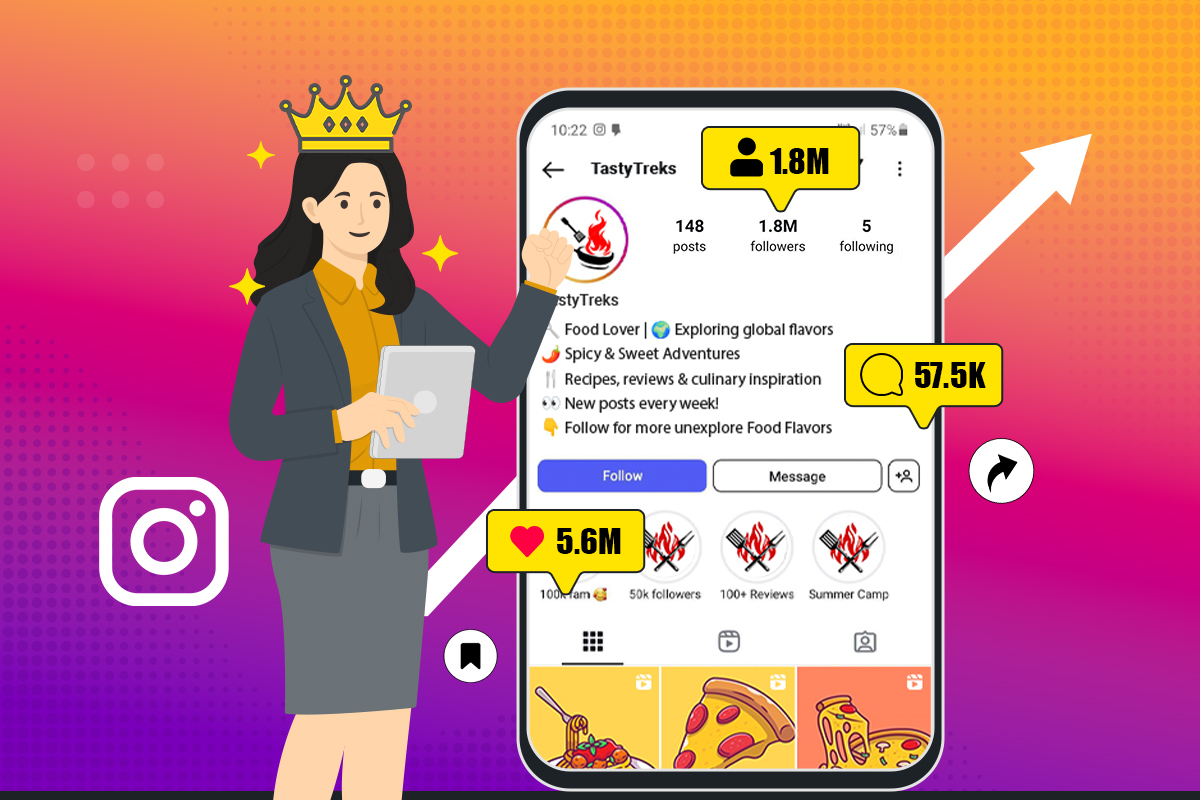
Advantages of Harnessing AI for Digital Marketing
Leveraging Artificial Intelligence (AI) in digital marketing offers numerous benefits:

- Enhanced Personalization: AI enables highly tailored and individualized marketing campaigns by analyzing customer data and behavior. This personalization fosters better customer engagement and higher conversion rates.
- Improved Efficiency: Automating repetitive tasks such as email marketing, ad placement, and data analysis increases operational efficiency, allowing your marketing team to focus on more strategic and creative aspects of their work.
- Predictive Analytics: AI can forecast trends and customer behavior based on historical data. With this predictive capacity, you can proactively modify your marketing plans and keep up with shifting consumer trends.
- Real-time Data Analysis: AI processes vast amounts of data in real-time, providing you with immediate insights into customer interactions and market conditions, allowing for quicker decision-making and adaptation.
- Cost Savings: By automating tasks, optimizing ad spend, and minimizing errors, AI can lead to significant cost savings in your digital marketing efforts, allowing you to allocate your budget more effectively and achieve better results with the resources at hand.
- Cross-Channel Marketing: AI helps unify data across various marketing channels, enabling you to create a seamless, consistent customer experience.
- Fraud Detection and Prevention: AI algorithms can detect fraudulent activities in real-time, safeguarding your marketing investments.
Final Thoughts
Using automation for tasks in digital marketing startups is now a must because of AI's capabilities. As AI gets better, using automation helps companies work more efficiently and stay competitive and creative. By using automation, startups can use their resources better, get great results, and handle changes in the digital world—all helping them feel confident and succeed in today's rapidly evolving landscape!

This comprehensive guide provides a truly valuable insight into harnessing AI-driven automation tools for digital marketing startups, optimizing efficiency while fostering creativity – an essential read to propel businesses towards exceptional success in today's dynamic marketplace.
This comprehensive guide offers invaluable insights into leveraging AI-driven automation tools for digital marketing startups, effectively maximizing efficiency to streamline tasks while fueling creativity – a must read resource!
This informative guide skillfully navigates startups towards maximizing their digital marketing efficiency through a thoughtful exploration of AI-driven automation tools that not only streamline routine tasks but also stimulate creativity for competitive edge in today's dynamic industry.
This comprehensive guide empowers digital marketing startups to harness the full potential of AI-driven automation tools, not only maximizing efficiency but also fostering a creative environment for sustained growth.
This guide eloquently illuminates the fusion of AI and digital marketing in start-ups, offering a roadmap for maximizing efficiency through automation while preserving creativity. A must Read!




